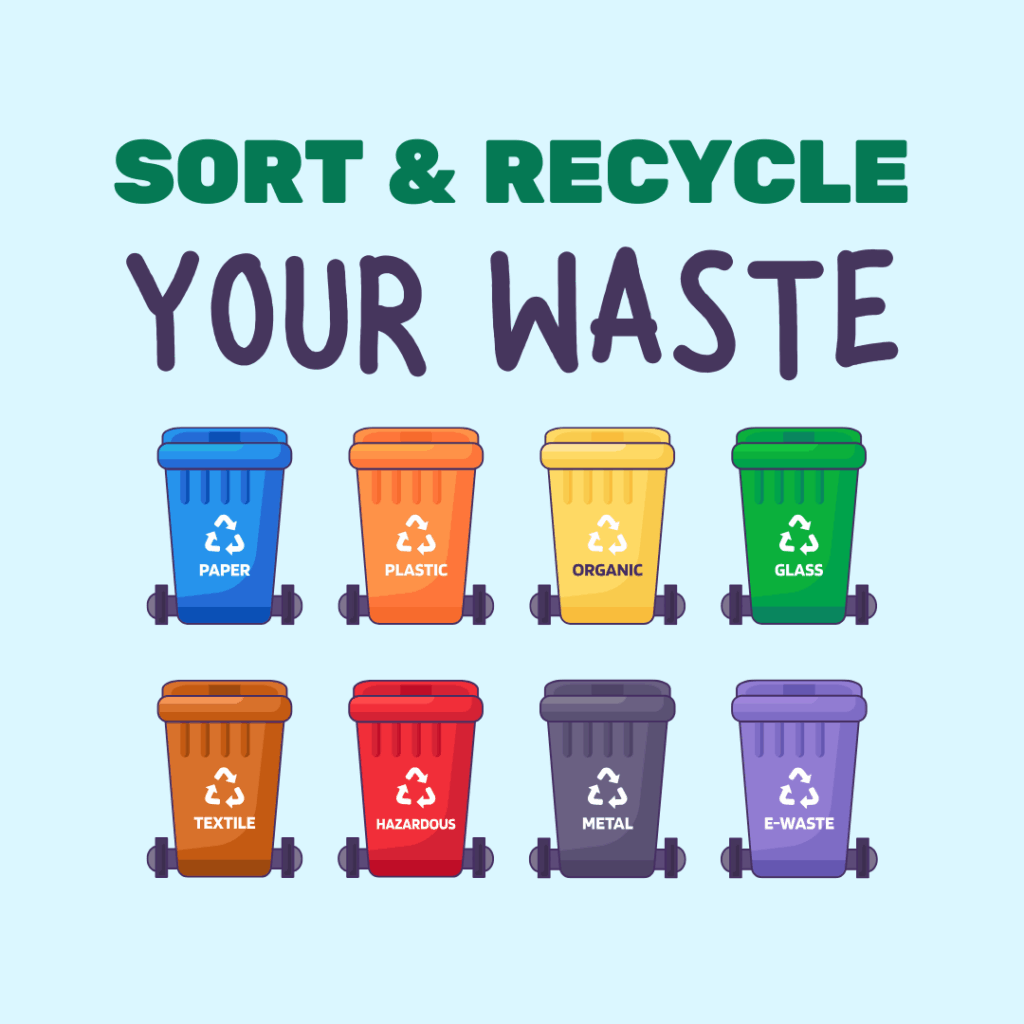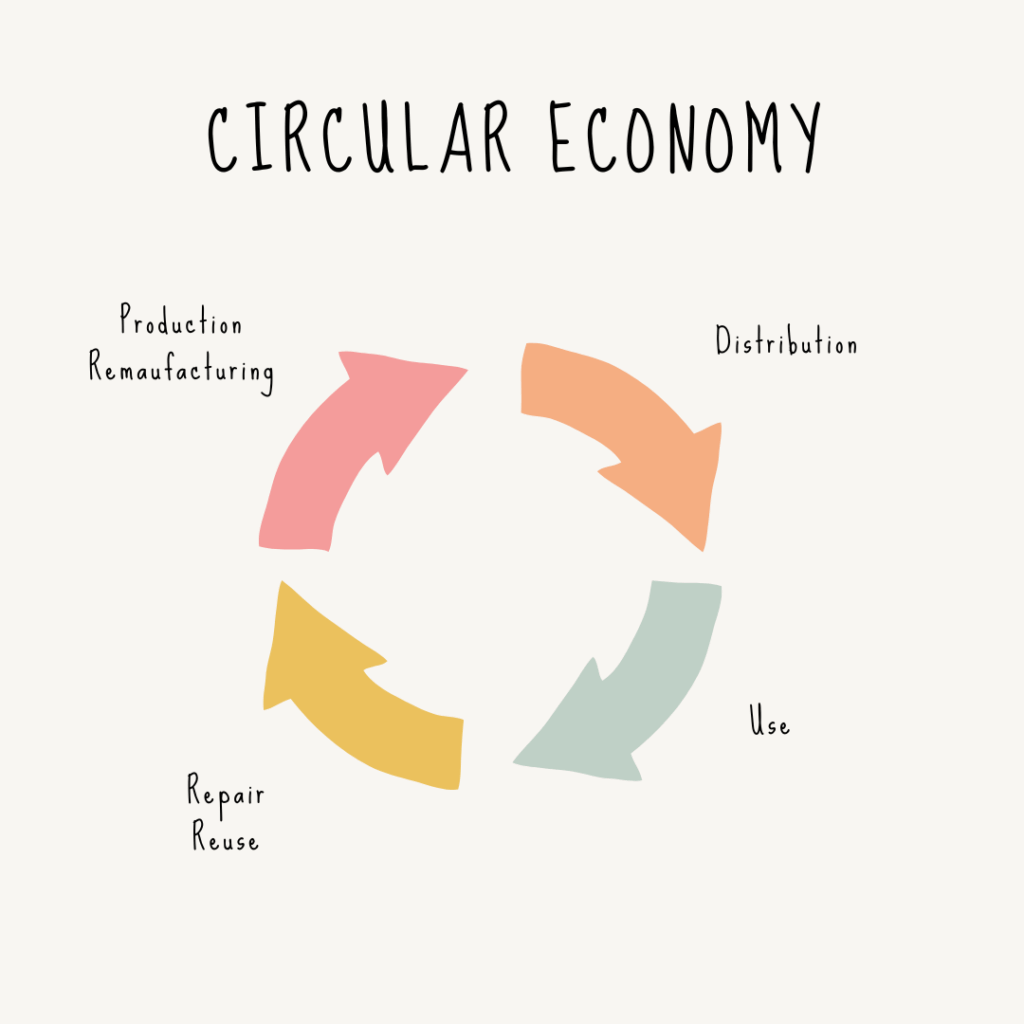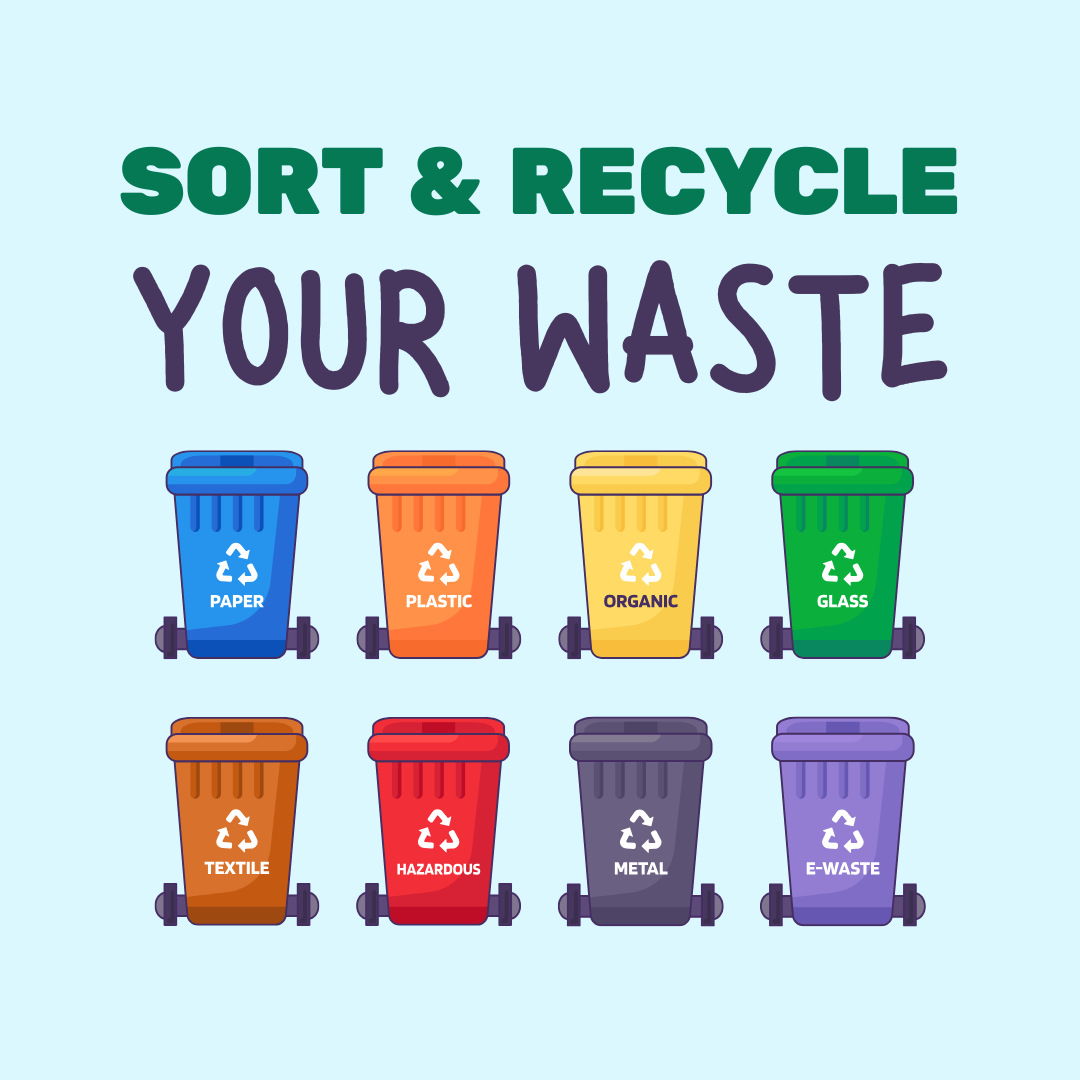If you’re running any sort of business in Kenya that generates waste, there’s a good chance Section 19 of the Sustainable Waste Management Act (2022) applies to you. This section lays out the specific legal obligations for private sector players when it comes to managing waste. Knowing what it says can save you fines, improve your environmental credentials, and even help you run more efficiently. Find more posts on waste management here.
Table of Contents
Private Sector’s Obligations according to Sustainable Waste Management Act,2022
What is Section 19?
Section 19 is the part of the Act that deals with the “Duties of private sector entities.” It sets out what businesses must do in terms of planning for waste, reporting on it, and ensuring ongoing compliance with waste management standards.
Here are the key provisions:
- Three-Year Waste Management Plan + Annual Reporting
- Every private sector entity is required to prepare a three-year waste management plan.
- In addition, they must submit an annual monitoring report to the relevant Authority, which must at minimum include:
a. The actual quantities of waste generated.
b. The waste management methods applied (how you handle, treat, dispose, recycle, etc.).
c. Any other information the Authority may require. This gives flexibility so that future regulatory needs or environmental risks can be accounted for.
- Category of Private Sector Entities Required to Plan Based on Waste Volume
- The law doesn’t mean every business is automatically under the same burden. Section 19 also requires that the Cabinet Secretary must, within six months of the Act coming into force, gazette which categories of private sector entities are required to prepare such plans. These categories are to be based on the volume of waste they produce.
- Penalties for Non-Compliance
- If a private sector entity fails to comply with subsection (1) (i.e. fails to prepare a plan, or fails to report annually), that entity is committing an offence under the Act.
- The penalty is a fine of not more than KES 200,000, and the person responsible may also be liable to imprisonment for up to three months.

Why It Matters
You might wonder, “Why all this fuss about reports and plans?” Great question. Here are some reasons:
- Regulatory Compliance & Avoiding Penalties: Obviously, missing deadlines or failing to plan/report could lead to fines, or worse. Costs and legal risk can mount up.
- Environmental & Public Health: Poor waste handling leads to pollution of soil, water, and air; waste carries disease risks; mismanaged waste can leach toxins. The plans and reporting help ensure businesses think ahead about how waste is handled, treated, and disposed.
- Cost Savings & Efficiency: If you plan right, you may reduce waste, recycle more, avoid paying for unnecessary disposal, or even turn some waste into value (recycling, by-products, etc.).
- Reputation & Market Access: Increasingly customers, partners, financiers want to know you are environmentally responsible. Having good waste practices backed by documented plans/reports helps with ESG (Environmental, Social, Governance) credentials.
- National Waste Management Goals & Circular Economy: Kenya is pushing for more sustainable and circular approaches to waste. Private sector compliance helps the country meet its obligations and helps institutions like NEMA get accurate data.
What Private Businesses Should Do to Comply
If you are in the private sector (manufacturing, processing, large retail, agro-processing, etc.), here’s a checklist to help you align with Section 19:
| Step | Action |
|---|---|
| Identify if you’re in the gazetted category | Once the Cabinet Secretary issues the gazette notice, check whether your business falls into a category required to prepare a plan. If you are unsure, seek legal or environmental consultancy help. |
| Prepare your 3-Year Waste Management Plan | This plan should include: projections of waste you’ll generate; strategies for minimization, recycling, treatment and disposal; responsibilities assigned; budget; resources needed; possible improvements. |
| Set up data tracking | To report accurately, you’ll need systems to measure/record amount of waste generated, types/classification, how you manage it, etc. Put in place tools/logs/sensors etc. |
| Implement the plan | Apply the waste management methods you describe (reduce, reuse, recycle, treat, dispose properly). Segregate, store properly, engage waste service providers, maintain records. |
| Submit Annual Monitoring Report | The report should include actual quantity of waste, methods applied, and any additional info requested by the Authority. Ensure deadlines are met. |
| Review and Update Plan | Over the 3-year period, conditions may change (production increases, regulation evolves, new technologies). Review your plan annually and adjust as needed even before the formal renewal. |
| Assign Responsible Person(s) | Someone (or a team) in your company must be responsible for compliance (often Environmental Health & Safety (EHS), Operations, Sustainability departments). Make sure roles are clear. |

Challenges & Considerations
Implementing Section 19 isn’t always easy. Some hurdles you might face:
- Lack of data systems: Many businesses don’t have good waste measurement or tracking systems.
- Costs of implementing better waste management methods: Setting up recycling, treatment, or safe disposal can require investment. Some business owners see these as overheads.
- Uncertainty / Delay in Gazettement: Until the Cabinet Secretary publishes which private entities are required to comply based on volume, there may be grey areas. Businesses might not know for certain whether they are subject or not.
- Capacity of waste service providers: Even if you want to dispose properly, use the right service providers, recycling options, etc., the infrastructure in some counties may be weak.
- Enforcement & oversight: Compliance depends on regulatory monitoring. Some entities might not feel pressure until enforcement increases.
Conclusion
Section 19 of Kenya’s Solid Waste Management / Sustainable Waste Management Act places clear duties on private sector entities to plan, report, and manage their waste more responsibly. Complying isn’t just about avoiding penalties, it’s about becoming more efficient, reducing your environmental footprint, and aligning with Kenya’s broader goals of sustainability and circular economy.
If you run a business that produces waste, it’s wise to start preparing (if you haven’t already) your 3-year waste management plan, or reviewing your existing one, ensure your reporting systems are solid, and stay alert for the gazette notice that defines who is required to comply.
Get in touch at valeriekinoti@gmail.com for environmental audits, EIAs, NEMA licensing consultation or comment with your thoughts, questions.


